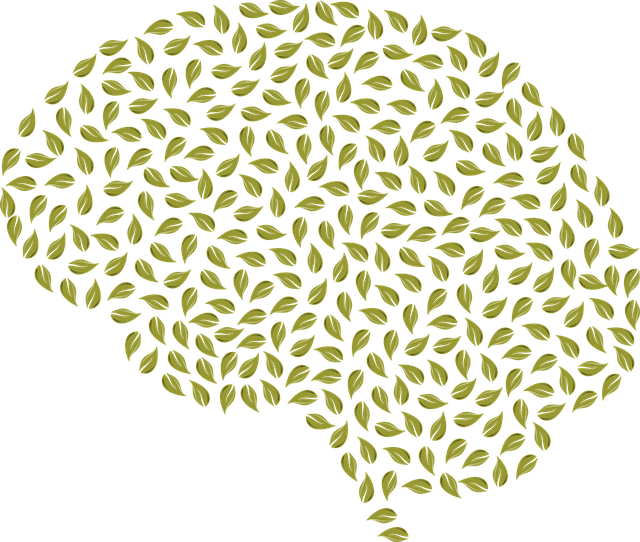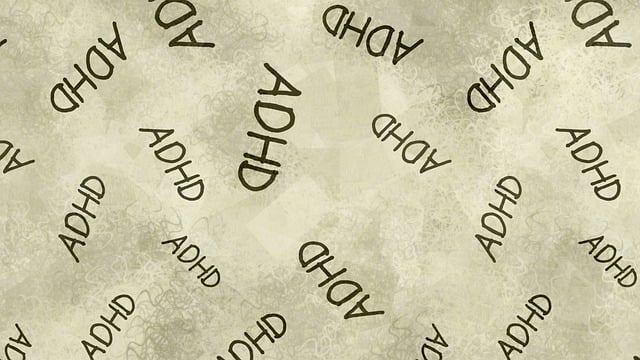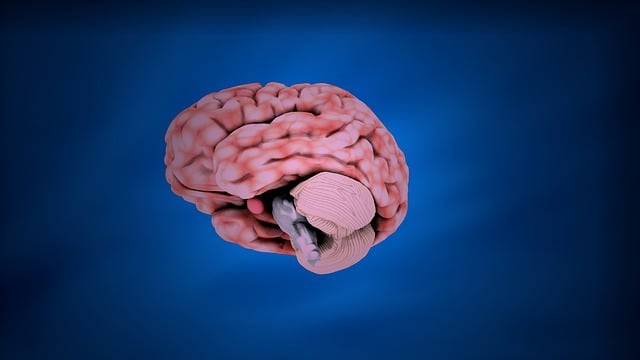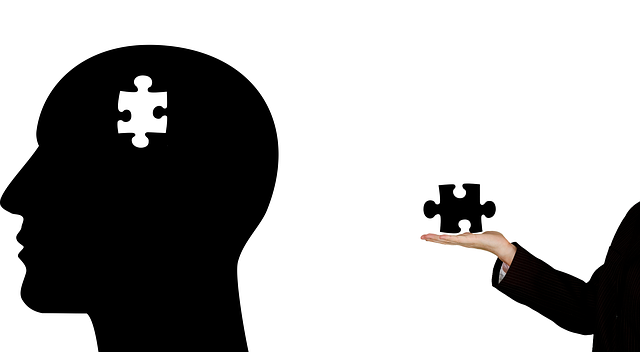Resilience is crucial for adolescent teens facing identity formation, social pressures, and mental health challenges. Techniques like hypnosis in therapy enhance emotional regulation by reframing negative thoughts, boosting self-confidence, and developing adaptive coping mechanisms. Resourceful Family Management (RFM) combines hypnosis with other therapeutic approaches to build long-term resilience and promote healthy peer interactions. Implementing RFM exercises through hypnosis offers a novel strategy to improve emotional intelligence and reduce the stigma around teen mental health issues, encouraging early intervention and support.
In today’s challenging social landscape, fostering resilience in adolescent teens is paramount. This article delves into effective strategies for enhancing their coping mechanisms using a unique approach: Resourceful Family Management (RFM) and hypnosis. We explore how these techniques can empower teens to navigate life’s storms. By implementing specific resilience-building exercises through hypnosis, therapists offer a compelling alternative therapy for addressing emotional challenges in this age group, with potential benefits far reaching.
- Understanding Resilience and Its Impact on Adolescent Teens
- The Role of RFM (Resourceful Family Management) in Building Resilience
- Implementing Resilience-Building Exercises for Teens Through Hypnosis
- Benefits and Considerations for Therapy Using This Approach
Understanding Resilience and Its Impact on Adolescent Teens

Resilience is a powerful tool for adolescent teens to navigate the challenges of growing up. It refers to the ability to adapt and bounce back from difficult experiences, fostering mental toughness and emotional agility. For teens, building resilience can significantly impact their overall well-being and future success. Adolescence is a crucial period where individuals form their identity, explore independence, and confront various social and academic pressures. These experiences can be emotionally taxing, leading to increased stress, anxiety, or even depression if not managed effectively.
Implementing exercises that enhance resilience in teens is invaluable. Techniques such as therapy, including hypnosis, have been shown to improve emotional regulation skills. Hypnosis, in particular, offers a unique approach to accessing the subconscious mind, where deep-seated beliefs and emotions reside. It empowers teens to reframe negative thought patterns, boost self-confidence, and develop more adaptive coping mechanisms. Additionally, social skills training and mental health policy analysis and advocacy play complementary roles in fostering resilience by promoting healthy peer interactions, providing support systems, and ensuring access to evidence-based treatments.
The Role of RFM (Resourceful Family Management) in Building Resilience

Resourceful Family Management (RFM) plays a pivotal role in building resilience among adolescent teens. By integrating various therapeutic techniques, including hypnosis, RFM helps young individuals navigate emotional healing processes and cultivate coping strategies that promote mental well-being. Through this approach, families learn to address challenges mind over matter, fostering an environment where teens can thrive despite adversities.
Incorporating RFM into therapy for adolescent teens goes beyond addressing immediate issues; it’s about long-term mental health policy analysis and advocacy. By equipping both teens and their families with robust tools and insights, RFM strengthens the fabric of support systems, ensuring that young people are better prepared to confront future stressors. This proactive approach aligns with broader goals of mental health policy, aiming to create a more resilient and healthy society for all.
Implementing Resilience-Building Exercises for Teens Through Hypnosis

Implementing Resilience-Building Exercises for Teens Through Hypnosis offers a unique and effective approach to fostering emotional intelligence and self-awareness in adolescent teens. Hypnosis, as a therapeutic tool, allows practitioners to directly engage with the subconscious mind, where deep-rooted beliefs and emotional responses reside. By guiding teenagers through carefully crafted hypnotic suggestions, therapists can help them develop a stronger sense of resilience, empowering them to navigate life’s challenges more effectively.
This methodical process encourages teens to explore their emotions, understand triggers, and learn coping strategies. Self-awareness exercises induced by hypnosis enable adolescents to identify negative thought patterns and replace them with positive affirmations, thereby enhancing their overall emotional intelligence. Moreover, public awareness campaigns development around such innovative therapy can help destigmatize mental health issues among teens and encourage early intervention and support.
Benefits and Considerations for Therapy Using This Approach

Implementing RFM (Resilience, Flexibility, and Mastery) exercises in therapy offers a unique and beneficial approach for adolescent teens. This method empowers young individuals to develop coping skills, fostering resilience in the face of challenges. Through hypnosis, therapists can guide patients into a state of profound relaxation, enabling them to access their subconscious minds and unlock hidden resources. By utilizing this technique, therapy becomes an engaging process that promotes self-care practices and mindfulness meditation, allowing teens to build mental fortitude.
Considerations for this approach include tailoring the exercises to suit individual needs and ensuring therapists are well-trained in hypnosis techniques. It is essential to create a safe and supportive environment where adolescents feel comfortable exploring their emotions and thoughts. Additionally, combining RFM with traditional therapeutic methods can offer a holistic treatment plan, enhancing the overall effectiveness of therapy for adolescent teens.
Resilience is a vital asset for adolescent teens navigating life’s challenges. By combining traditional therapeutic methods with innovative practices like RFM and hypnosis, we can empower young individuals to build mental fortitude. This holistic approach, focusing on Resourceful Family Management and resilience-building exercises through hypnosis, offers a promising avenue for enhancing therapy outcomes specifically tailored to the unique needs of adolescent teens. Incorporating these strategies within clinical settings could potentially revolutionize how we support vulnerable youth, helping them thrive despite adversity.












